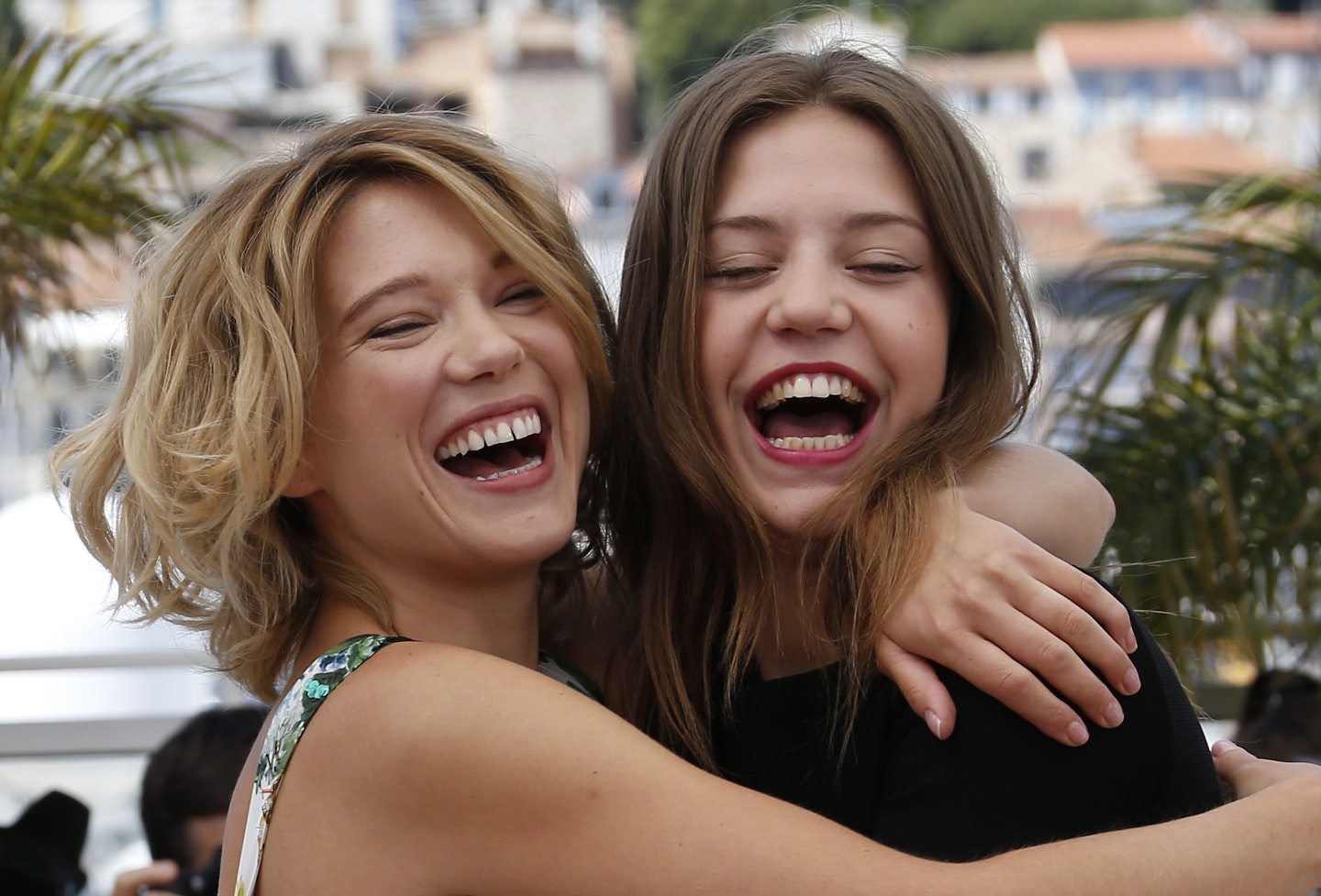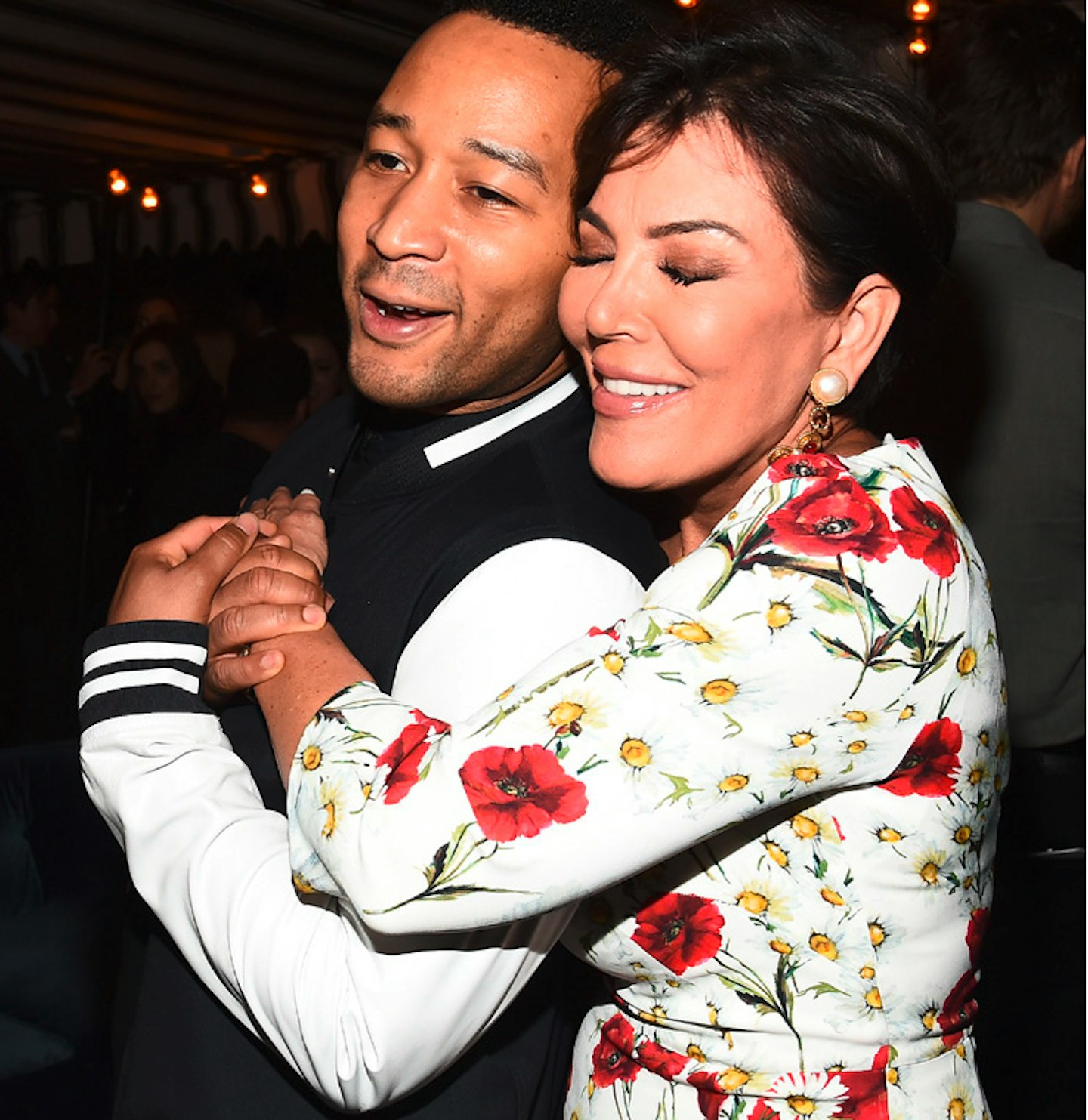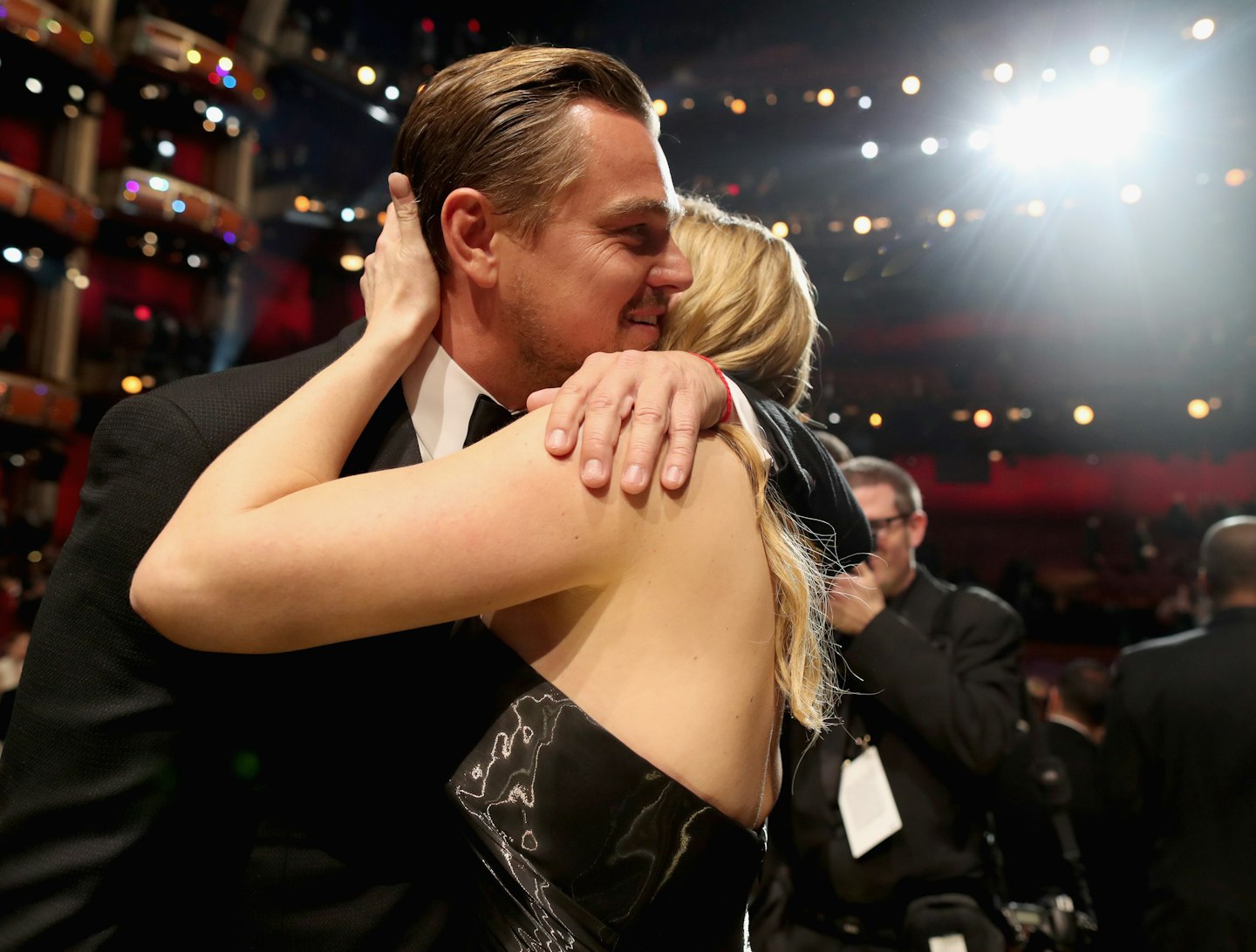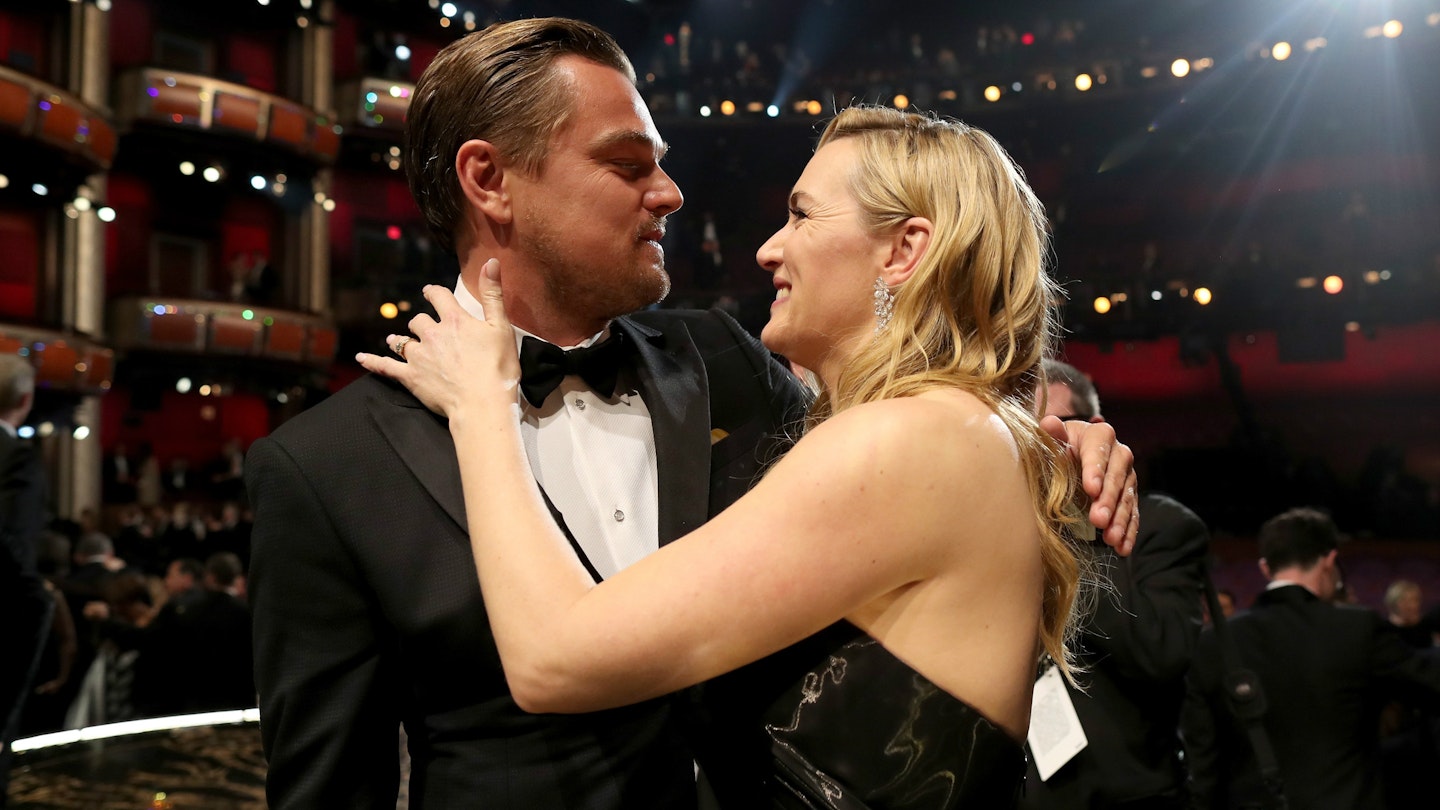Being British and showing affection doesn’t exactly go hand in hand. I,
for one, edge away subtly if a stranger sits too close on the bus, jealously guard my personal space and prefer to express my fondness
towards friends through heart emojis rather than full-on bear hugs.
So when I heard that Europe’s first professional cuddling agency, Be Cuddled Today, was launching in the UK, my eyes narrowed with instinctive mistrust. What on earth is a cuddling agency and why would anyone subject themselves to an hour of hugging – and pay £50 for the privilege?

The unusual service is the brainchild of Kitty Mansfield, a holistic therapist and bereavement counsellor, who says cuddling was the missing piece of the jigsaw of services she was offering.
‘Somewhere out there, someone is in need of human contact,’ she tells me. ‘Yet he or she has no one to turn to. I want everyone to be able to get a cuddle if they need it. So many of our interactions are increasingly through a computer or a smartphone, which means we live
in a very touch-deprived society now.’
The service is strictly platonic and is, apparently, incredibly good for you, according to Kitty. ‘When we are held our brain releases the love hormone, oxytocin, as well as endorphins, which make you feel good. Together, these chemicals boost your immune system, lower your blood pressure and help social anxiety and stress.’
Kitty opened her private practice, BeSnuggled, three years ago, becoming the country’s first cuddle therapist. Demand is so high, she’s now in the midst of recruiting staff for her new agency, Be Cuddled Today, which she wants to expand to every major city in the UK. At BeSnuggled, 70% of her clients are male ‘because men don’t have as many
opportunities to touch’ and they range in age from 20 to 70.

The sessions are as diverse as the clients who visit her. Some want to hold hands and chat non-stop, while others want to spend the hour wrapped in a silent embrace (‘we change position if we get a dead arm’).
But the sceptic in me wonders if there is any real need for a cuddling agency and, if so, what’s to stop a load of creeps from streaming through her front door?
‘I have 12 regular clients and don’t have time for more because of my other work, but I hated turning clients away,’ says Kitty, 48, from West London. ‘That’s why I’m setting up the nationwide agency. Lots of people go weeks, months or even a lifetime without feeling the warmth of another human. One widowed man who drives two hours to see me
told me he comes because he craves the intimacy he used to have with his late wife. Some younger men and women in their twenties visit because it’s seen as shameful to touch in their culture or religion and other clients suffer from post-traumatic stress disorder.’
Kitty currently has 15 ‘cuddlers’ in training for her agency, both male and female, most of whom have a background in therapy or counselling. While the professional body that regulates the organisation has been set up and is run by Kitty, she insists it’s a serious business and ensures both the therapists and the clients take it seriously. Each ‘cuddle therapist’ must pass a diploma (devised by Kitty), including assignments on the history of touch, boundaries and ethics.
Similarly, clients wanting to use the service must pass a test to ensure their motives are not inappropriate – Kitty conducts an initial Skype interview with them to make sure they’re applying for the right reasons. Luckily, this means she’s yet to experience a weird encounter.
I admit, I was quick to doubt the motivation both of the cuddlers and the cuddled – but it seems this is genuinely a response to a modern-day loneliness epidemic rather than anything perverted or untoward. Almost half of all adults in England say they experience feelings of loneliness, according to a BBC poll.

Analysis published by the Office for National Statistics shows Britain
ranked 26th out of 28 European Union countries by the proportion of the population who say they have someone they feel they can rely on.
‘We’ve become disconnected from each other as human beings,’ Kitty
explains. ‘When it comes to person-toperson contact, reassurance and healing, we’re getting less of that as a society.
We don’t have big, extended families around us any more and more of us than ever are single for longer.’ James Andrews*, 35, started using
Kitty’s cuddling service 18 months ago because he suffers from social anxiety, and has struggled to find a long-term partner.
‘It’s a really good fit for me as I get the human warmth and contact I’m lacking without the demands of maintaining a relationship that I’ve found so difficult,’he says.
During their sessions he and Kitty alternately talk and sit hugging in silence. He says it’s helped him ‘immensely’ because he’s always found communication difficult and so physical contact has lacked as a result.
‘I like to feel some warm arms around me. I value the lack of judgement and the feeling that I am worthwhile. When I realised there was such a service I was surprised. Touching others seems to have developed into a taboo.’
Angelica*, 33, agrees. She’s been single for a number of years and says that what she’s come to notice most from her brief relationships is that when she’s alone, she misses waking up in a cuddle the most – even more than sex. ‘When I’m feeling down I know all I want is a big hug from a person who cares for me. It would be nice to have cuddles on tap,’ she adds. ‘Right now I am not sure I would own up to ever using
a cuddle service. In fact, I am pretty sure I would never pay for a hug. But it would be nice if we were all more tactile, hugged each other a lot more and asked to be hugged a lot more.’
While the concept of paying for a cuddle might seem far off here, over
in the US and Canada, the industry is already booming. Companies such as The Snuggle Buddies, Cuddle Up To Me and The Cuddlers have all sprung up in the last year. And last February saw the first cuddling convention, Cuddle Con, in Portland, Oregon.

‘People say, “I wouldn’t pay 50 quid to get cuddled,” and I say good for you, you clearly don’t need to,’ adds Kitty. ‘What they don’t understand is that people can be 45 and could never have been hugged. I hope that cuddle therapy will soon be as acceptable as massages and that we’re on our way to smashing the stigma surrounding it.’
After talking to Kitty I’m starting to feel the same. Turning cuddling
into a commodity might seem counterintuitive – after all, isn’t a hug meant to be a spontaneous expression of affection? Yet few of us would baulk at the idea of receiving counselling after a traumatic loss or getting a massage after a painful injury – so why should this be
any different? I may not be handing over £50 for a hug anytime soon, but a stiff upper lip never gave anyone much comfort.
So, who’s for a hug?
READ MORE: Would You Strip Off For A Naked Restaurant?
READ MORE: Grazia Goes On The Poke-Man Hunt
